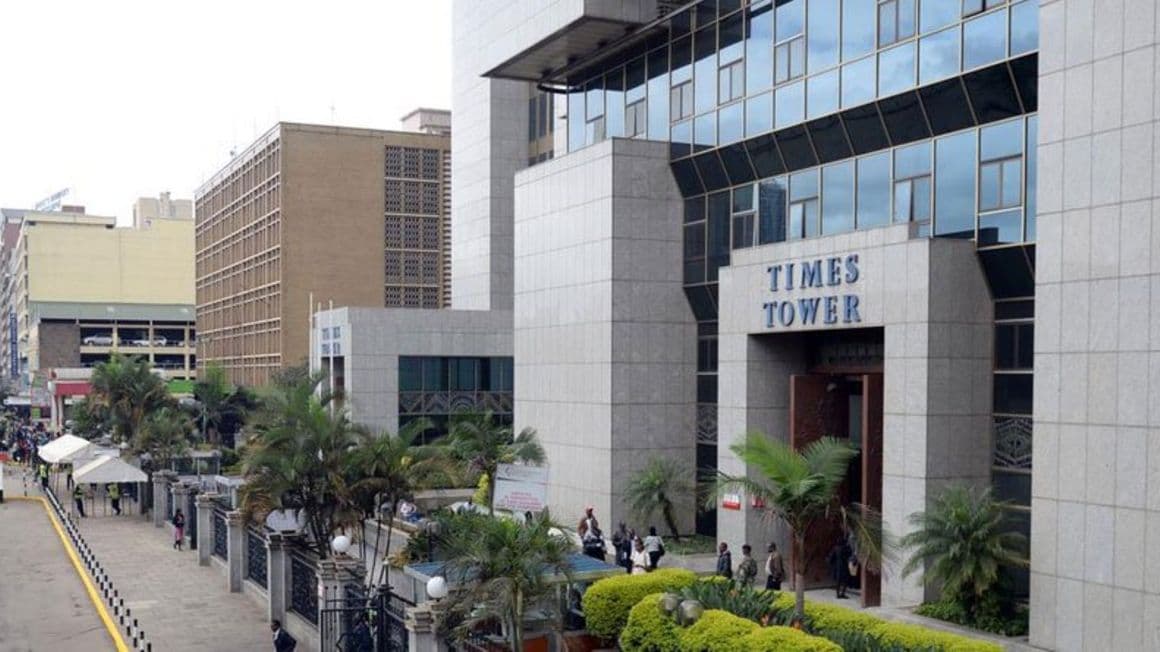We're loading the full news article for you. This includes the article content, images, author information, and related articles.
An engineer's alleged suicide at the KRA offices in Kisumu, amid unverified claims of a Sh300 million tax demand, has ignited a national conversation on the tax authority's aggressive revenue collection tactics and their impact on Kenyan taxpayers.

A roads company engineer died on Thursday morning in a suspected suicide at the Lake Basin Development Authority (LBDA) mall in Kisumu, which houses the Kenya Revenue Authority (KRA) regional offices. The incident occurred at approximately 11:35 AM EAT, when the man reportedly jumped from the second floor of the building. Police have opened an investigation to ascertain the circumstances that led to his death.
According to preliminary reports from mall security, the deceased arrived on Thursday, parked his vehicle, and informed a guard that his son would collect the car later. Shortly after, he entered the building and the fatal jump occurred. His body was transported to the Jaramogi Oginga Odinga Teaching and Referral Hospital mortuary, where a postmortem examination is pending. As of Thursday evening, police had not officially released the man's identity or the name of his employer, stating that the investigation is ongoing and next of kin are being notified.
Widespread reports, which remain unverified by official sources, allege the engineer had been confronted with a Sh300 million tax demand from the KRA. Streamline News has not been able to independently confirm this claim. The KRA has not issued a public statement regarding the incident or the alleged tax demand as of 7:00 PM EAT, Thursday. Similarly, the management of the LBDA mall has not released a statement on the matter. The lack of official information has fueled intense public speculation and focused attention on the immense pressure faced by individuals and businesses amidst KRA's intensified revenue mobilization efforts.
The tragic incident in Kisumu occurs within a charged national atmosphere surrounding taxation. The Kenya Kwanza government has tasked the KRA with ambitious revenue targets to fund its budget and manage national debt. In the 2023/2024 fiscal year, the National Assembly's Committee on Finance and National Planning was briefed on KRA's strategies to meet a target of Sh3 trillion, a significant increase from previous years. This has translated into more aggressive auditing, enforcement, and collection methods that have been a subject of public debate.
Recent data highlights the strain on the corporate sector. In the year to June 2025, data from the KRA showed that approximately 74.73% of firms registered for corporate income tax did not pay taxes, pointing to widespread business losses, tax avoidance, and a growing number of dormant companies. During the same period, over 175,000 companies fell off KRA's compliance radar entirely. This challenging economic environment for businesses forms the backdrop against which KRA is applying pressure to meet its targets.
The authority's methods have faced scrutiny. In June 2025, the parliamentary Finance and Planning Committee rejected a proposal in the Finance Bill, 2025, that would have granted the KRA sweeping powers to access personal data from third parties like banks and mobile service providers without a court order, citing constitutional rights to privacy. This indicates a growing concern among lawmakers about potential overreach in the authority's pursuit of revenue.
While the specific details of the Kisumu case remain unconfirmed, it has resonated with a public already anxious about financial pressures. The incident has sparked calls from civil society groups and business associations for a more balanced approach to tax collection—one that is firm on compliance but also recognizes the economic realities and mental well-being of taxpayers. Mental health advocates have long pointed to a crisis in Kenya, with insufficient funding and a severe shortage of professionals to support a growing number of people facing distress. According to the World Health Organization, an estimated 1.9 million Kenyans suffer from depression.
Organizations like the Kenya Red Cross Society offer free 24/7 counseling services via a toll-free helpline (1199), and other institutions provide accessible mental health support. The KRA itself has acknowledged the need for support systems, launching a psychotherapy program for students at its training school, KESRA, to help them cope with mental health challenges. However, this tragic event in Kisumu underscores a potential gap in support for the wider taxpaying public, who are the focus of the authority's primary mandate. As the nation awaits official details from the police and the KRA, this incident serves as a somber reminder of the human element at the heart of national economic policy and the critical need for accessible mental health resources for all Kenyans. FURTHER INVESTIGATION REQUIRED.
Keep the conversation in one place—threads here stay linked to the story and in the forums.
Sign in to start a discussion
Start a conversation about this story and keep it linked here.
Other hot threads
E-sports and Gaming Community in Kenya
Active 9 months ago
The Role of Technology in Modern Agriculture (AgriTech)
Active 9 months ago
Popular Recreational Activities Across Counties
Active 9 months ago
Investing in Youth Sports Development Programs
Active 9 months ago